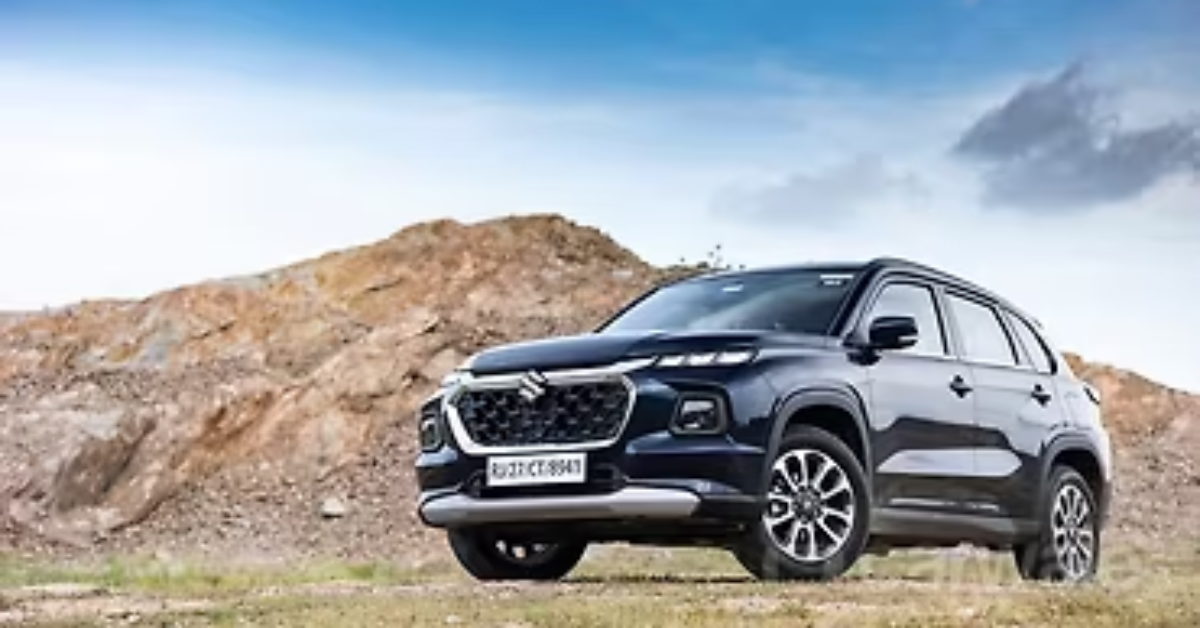The Indian automotive industry is in the midst of a transformation. With rising fuel prices, stricter emission norms, and growing awareness of climate change, carmakers are under pressure to adopt cleaner technologies. While electric vehicles (EVs) have been at the center of this conversation, Maruti Suzuki – India’s largest carmaker – believes that EVs alone cannot solve the challenge of sustainable mobility. Instead, the company has committed to a multi-powertrain approach that includes CNG, hybrid, biogas, and EV technologies.
This strategy not only highlights Maruti Suzuki’s practical outlook on India’s mobility needs but also ensures that clean, affordable, and reliable vehicles reach a much wider section of society. Let’s take a closer look at how Maruti Suzuki is planning to balance these technologies for India’s future.
Why “EVs Aren’t Enough”?
EVs are undoubtedly the future, but Maruti Suzuki points out some challenges that limit their large-scale adoption in India:
- High Purchase Cost – EVs currently cost significantly more than petrol or CNG cars, making them less affordable for the middle class.
- Charging Infrastructure – India is still building its charging network, with rural and semi-urban areas having almost no access.
- Long Charging Times – Unlike petrol or CNG refueling, EV charging takes hours, which is inconvenient for many users.
- Range Anxiety – Customers still worry about running out of charge on longer routes.
- Dependence on Imports – EV batteries rely heavily on imported raw materials like lithium, raising concerns about long-term sustainability.
Considering these issues, Maruti Suzuki believes that relying solely on EVs may not be a practical solution for India in the near future.
The Multi-Powertrain Strategy
Maruti Suzuki is adopting a four-pillar approach that balances affordability, efficiency, and sustainability.
1. CNG Cars
- Maruti Suzuki is already the market leader in CNG-powered vehicles.
- Models like the WagonR CNG, Swift CNG, Ertiga CNG, and Alto K10 CNG have been extremely popular among budget-conscious buyers.
- The company believes CNG will continue to grow, especially in urban and semi-urban areas, due to its lower running cost and reduced emissions compared to petrol.
- According to industry reports, CNG cars can reduce running costs by nearly 40% compared to petrol.
2. Strong Hybrids
- Hybrids offer a balance between petrol and electric technologies.
- Maruti Suzuki, in partnership with Toyota, has already launched hybrid vehicles like the Grand Vitara and Invicto.
- Strong hybrids deliver impressive fuel efficiency (up to 27 km/l in some models) while also reducing tailpipe emissions.
- Since hybrids don’t rely on external charging, they are practical in areas without charging infrastructure.
3. Biogas-Powered Cars
- Biogas is emerging as a clean and affordable alternative fuel.
- Maruti Suzuki is actively exploring biogas technology, which is especially useful in rural India where agricultural and organic waste can be converted into fuel.
- The company has announced collaborations to set up biogas plants in villages, creating a sustainable fuel supply chain.
- Biogas cars could reduce dependency on imported fuels while also supporting rural economies.
4. Electric Vehicles (EVs)
- Maruti Suzuki is not ignoring EVs. In fact, its first electric car, based on the eVX SUV concept, is expected to launch in 2025.
- The eVX promises a range of 500 km per charge, which will put it in direct competition with global EVs.
- Maruti plans to introduce more EVs in the coming years, once battery costs fall and charging infrastructure expands.
Benefits of Maruti Suzuki’s Approach
Maruti’s multi-powertrain strategy is not just about technology – it’s about affordability and inclusivity.
- Affordability for All Segments
- CNG and biogas vehicles will continue to serve budget-conscious families.
- Hybrids and EVs will cater to premium and environmentally aware buyers.
- Reduced Carbon Emissions
- With a mix of CNG, hybrids, and biogas, Maruti will help reduce emissions across all segments of the market.
- Practicality for Indian Roads
- Hybrids and CNG vehicles don’t rely on large-scale charging networks, making them practical for India’s current infrastructure.
- Support for Rural Development
- Biogas technology directly supports farmers and rural economies, creating fuel locally from waste.
Industry Reactions
Experts believe that Maruti Suzuki’s multi-pronged approach is a realistic step compared to companies pushing aggressively for EV-only strategies.
- Automotive analysts highlight that while EV adoption is important, India’s diverse geography and economic conditions require multiple clean fuel options.
- Customers too have welcomed CNG and hybrid models, as they strike a balance between cost savings and sustainability.
The Road Ahead for Maruti Suzuki
Maruti Suzuki has outlined a timeline for its green mobility roadmap:
- 2025: Launch of its first electric SUV (eVX).
- Ongoing: Expansion of CNG and hybrid line-up across popular models.
- Future Plans: Collaborations with partners to scale up biogas production and adoption.
This clear, staged approach ensures that Maruti remains the leader in India’s car market while also aligning with the government’s vision for reducing carbon emissions.
Conclusion
Maruti Suzuki’s message is clear: EVs are important, but they aren’t the only solution. India’s automotive future must be built on a foundation of diverse, affordable, and practical green technologies. By investing in CNG, hybrids, biogas, and EVs, Maruti Suzuki is preparing for a sustainable future while keeping the needs of Indian consumers in mind.
For millions of buyers, this strategy means lower running costs, wider fuel options, and cleaner mobility choices without compromising on practicality. And for India, it’s a step closer to building a self-reliant and eco-friendly transport system.
